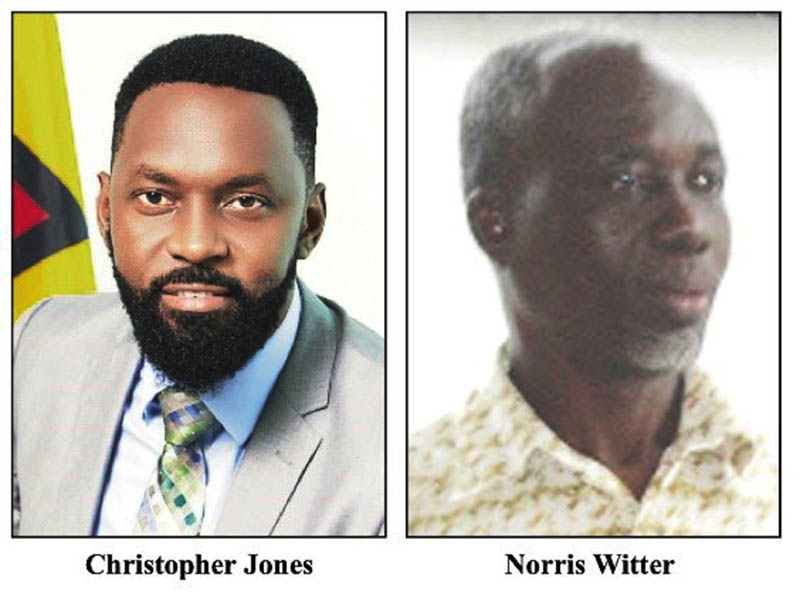With litigants on both sides unable to agree on the facts in the legal challenge mounted to the passage of the controversial Natural Resource Fund (NRF) law, High Court Judge Navindra Singh has converted the action from a fixed date application (FDA) to a statement of claim (SOC).
The Judge noted that in so doing, there would be no further issues as to what the facts and issues to be canvassed are, while noting that the parties will then be able to file and serve on each other, their various pleadings encompassing their case.
At a previous hearing back in May, Justice Singh had said he detected what he considered to be a material disputed fact. As a result, he asked all the parties to submit a statement of agreed facts.
At the failure to agree, Justice Singh curiously enquired, “How is that possible?”
When the matter was called on Friday morning, however, Attorney General Anil Nandlall SC reported to the court that despite its best efforts, the State was unable to reach a consensus with the other side, on what the facts are.
Failing to cross that prerequisite hurdle, the AG said that no further agreement could then be reached on what the issues to be determined ought to be.
Following the AG’s address, the Judge set rigid timelines for the filing and service of various submissions which all have to be done no later than September 9th.
And as he had been previously indicated wanting to move swiftly to trial, the Judge said that the work day on September 12th will remain dedicated for arguments, following which the Court will announce when it will rule.
The main contention of the now Claimants—Opposition Chief Whip Christopher Jones and trade unionist Norris Witter—has been that because of the absence of the authentic mace from the parliamentary chamber and members not being seated during the voting process, the bill could not be regarded as having been lawfully passed.
On December 29, members of the main opposition coalition APNU+AFC, in a failed bid to derail the passage of the bill, attempted to seize the ceremonial mace—the symbol of authority in the House.
Since then, Shadow Attorney General, Roysdale Forde SC, who is representing Jones and Witter, had signaled the opposition’s intention of mounting a legal challenge to what it described as the “purported” passage of the bill.
At a press conference on the day following the ruckus in the National Assembly, House Speaker Manzoor Nadir remained adamant that the Bill had been legally passed.
Via what was then their FDA, Jones and Witter sought a number of declarations, including that the conduct of the business of the House in the absence of the mace and subsequent passage of the Bill were illegal.
They contended, among other things, that the procedure went against constitutional values of the rule of law, democracy, and inclusive governance and the Standing Orders of the National Assembly.
Nadir’s contention has always been that a replica mace was in place at the time the vote was taken.
He had previously told the press that the mace used at the sitting at the Arthur Chung Conference Centre was an exact replica of the original mace presented to the National Assembly at the time of independence.
Among the orders Jones and Witter are seeking are that all actions taken by anyone, including the Minister of Finance, pursuant to the passage of the bill, or the constitution of any Board under the NRF, be declared null and void and of no effect.
They are also asking the court to grant any order necessary to ensure that the NRF be replenished to the extent of all sums disbursed from the Fund, inclusive of any Appropriation Act.
Nandlall SC had asked the court to strike out the action, arguing, among other things, that it is an abuse of process and baseless.
The now defendants are the AG, Minister of Finance, Speaker, Clerk of the National Assembly and the Parliament Office.






